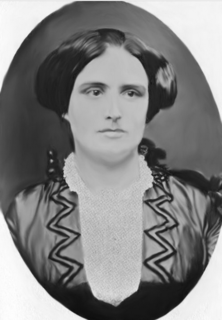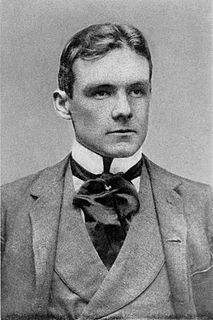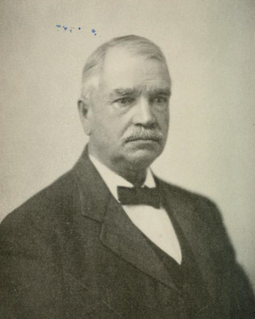A Quote by Israel Shenker
A [Jewish] woman could not divorce her husband, but she could petition for divorce, and the religious courts could force him to grant the divorce on grounds of impotence, denial of conjugal rights, or unreasonable restriction of her freedom-for example, preventing her from attending funerals or wedding parties.
Related Quotes
Today in Saudi, women are either at the mercy of their husbands or at the mercy of judges who tend to side with the husbands. The only circumstance that a woman can ask for a divorce or a 'khali' is when her husband is in total agreement with her or if she comes from a very powerful family who decide to back her up.
Today in Saudi, women are either at the mercy of their husbands or at the mercy of judges who tend to side with the husbands. The only circumstance that a woman can ask for a divorce or a khali is when her husband is in total agreement with her or if she comes from a very powerful family who decide to back her up.
One thing I did have under my belt was, my mother lost her mother when she was 11. She mourned her mother her whole life and made my grandmother seem present even though I never met her. I couldn't imagine how my mom could go on but she did, she took care of us, she worked two jobs and had four children. She was such a good example of how to conduct oneself in a time of grief. When I lost my husband, I tried to model myself as much as I could on her.
A Muslim man can have up to four wives. He can divorce his wife without offering any reason, while it is quite difficult for a woman to get a divorce. The testimony of two women is equal to that of one man. Any woman who wishes to travel needs the written permission of her husband. And the number of unemployed women is four times that of men.
She looked at him, and oh, the weariness to her, of the effort to understand another language, the weariness of hearing him, attending to him, making out who he was, as he stood there fair-bearded and alien, looking at her. She knew something of him, of his eyes. But she could not grasp him. She closed her eyes.
How was it that he haunted her imagination so persistently? What could it be? Why did she care for what he thought, in spite of all her pride in spite of herself? She believed that she could have borne the sense of Almighty displeasure, because He knew all, and could read her penitence, and hear her cries for help in time to come. But Mr.Thornton-why did she tremble, and hide her face in the pillow? What strong feeling had overtaking her at last?
Judge and prosecutor had hammered it home that Lady Chatterly was an immoral woman, that she had had sexual relations before marriage, that she had committed adultery under her husband's roof; as if these charges somehow disqualified her from participation in serious literature. Indeed, there were long periods of the trial during which an outsider might well have assumed that a divorce case was being heard.
She stared at herself in the mirror. Her eyes were dark, almost black, filled with pain. She'd let someone do that to her. She'd known all along she felt things too deeply. She became attached. She didn't want a lover who could walk away from her, because she could never do that - love someone completely and survive intact if her left her.


































